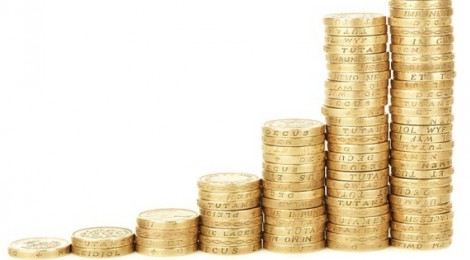
Cheapskate – That’s not a bad word
written by Lilian Ndongmo. ESL Teacher
Cheapskate is not a new word. (To pronounce, split the word in two –cheap.skate – then say them together as one word)
Whenever you see cheapskate, think savings: saving time, and more important, saving money.
A cheapskate is therefore anything that can help you save money and time. Anything that helps you keep more of your money in the bank or in your pocket than in the store. Anything that helps you avoid waste.
For example:
-To save money on your electricity bill, turn off all light bulbs you’re not using at home.
-To make your celery sticks stay fresh and last longer, let them sit in a bowl of cold water in your refrigerator for up to one week.
A person can also be a cheapskate. Such a person does not or is not willing to spend a lot of money on their lifestyle even though they can afford to.
For example:
-To save money on a bus ticket, you can walk or bike to your destination
-Buy second-hand instead of new articles
-Buy toys or furniture from a garage sale instead of from a department store.
In this sense, the word cheapskate is a polite, informal way of saying stingy, frugal, miser or cheap.
Then there are people who take cheapskating to the extreme. We call them extreme or ultimate cheapskate (not cheapskater!). An extreme cheapskate is willing to do almost anything to save money, including eating expired food, going through garbage cans for food, using coupons, etc.
Using cheapskate in a sentence
- Joni is a cheapskate. He always buys his clothes for less than $10.
- With all the money you earn, you still buy second-hand clothes for your son. You’re such a cheapskate!
- If you have any cheapskate ideas on how to save on food supplies please let me know.
Are you are a cheapskate? Watch the video below for more on cheapskating.
Have fun learning!